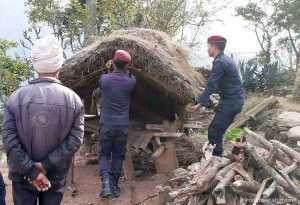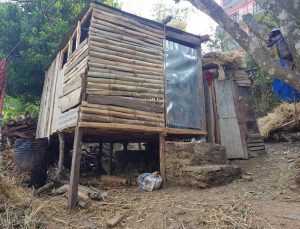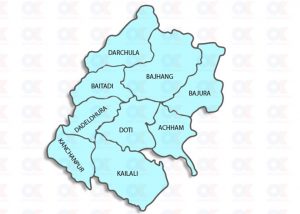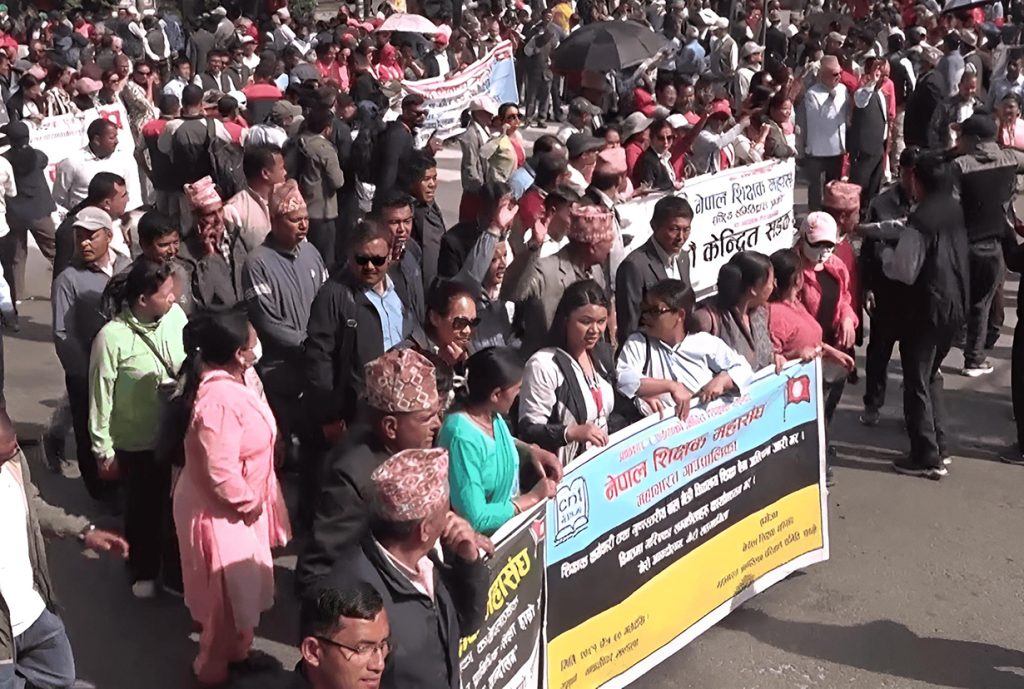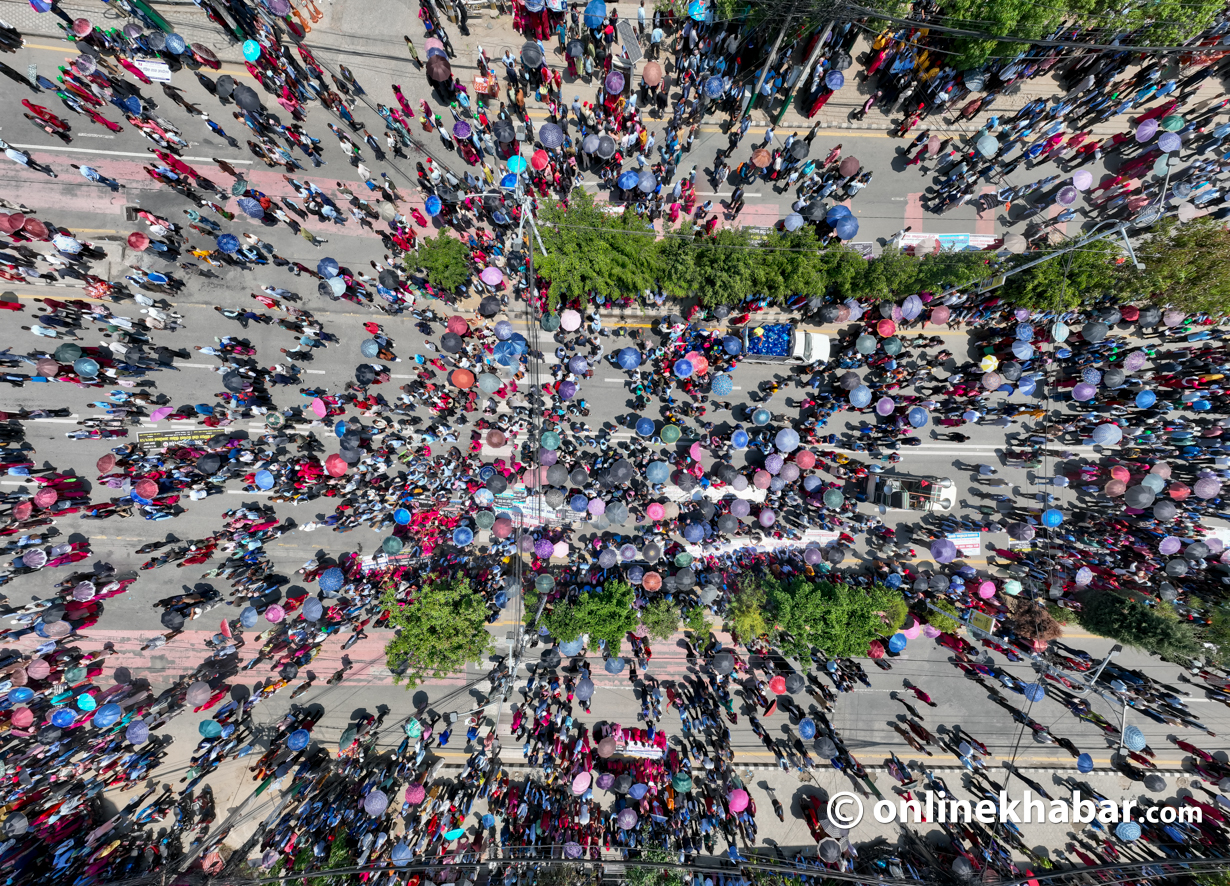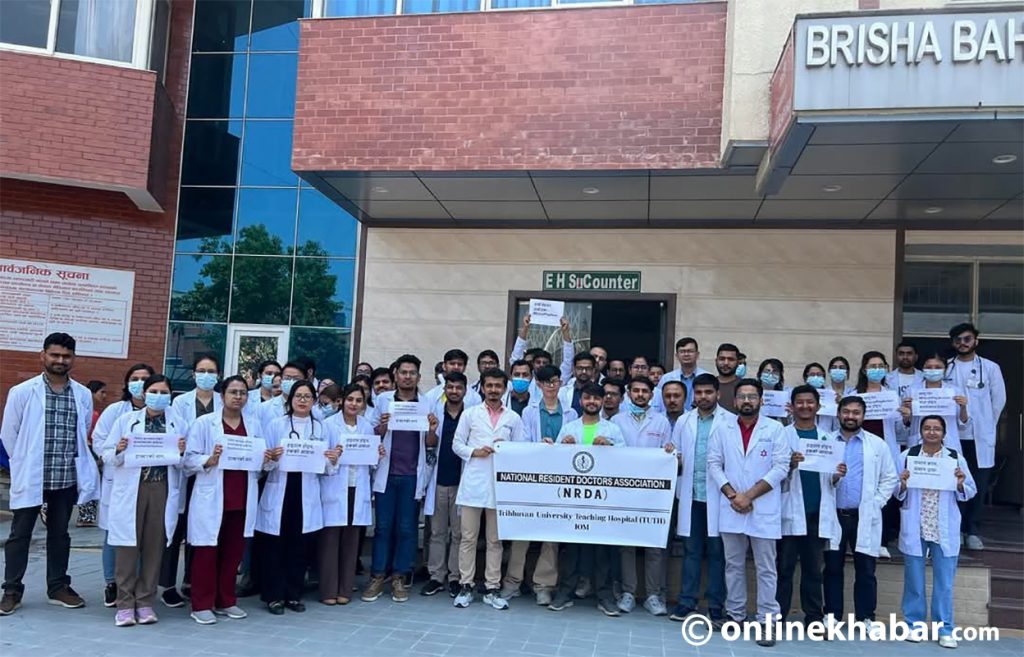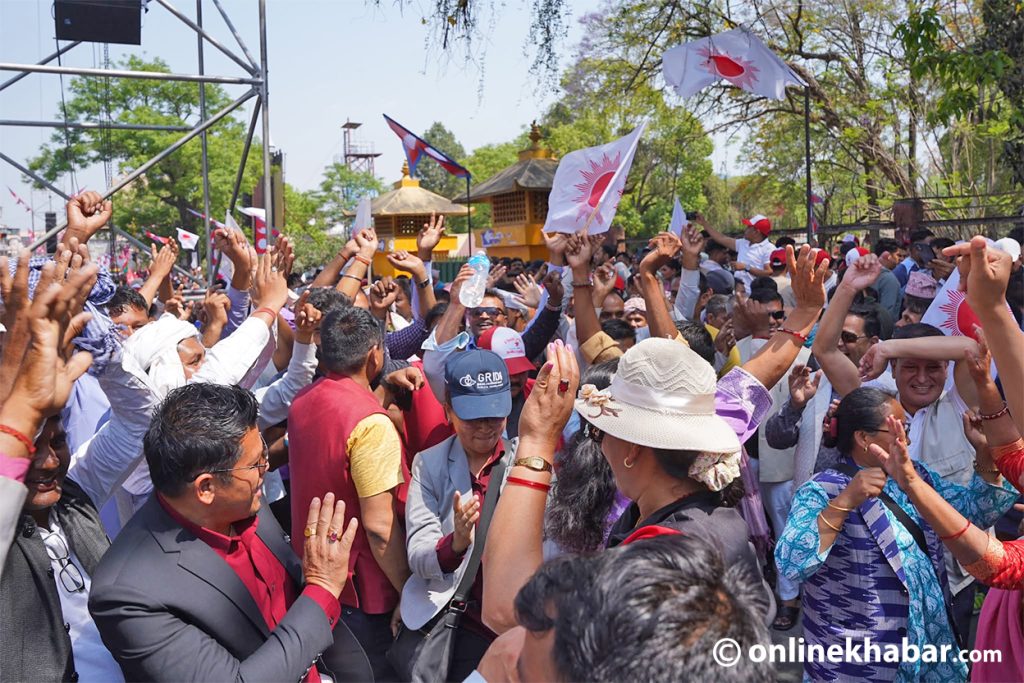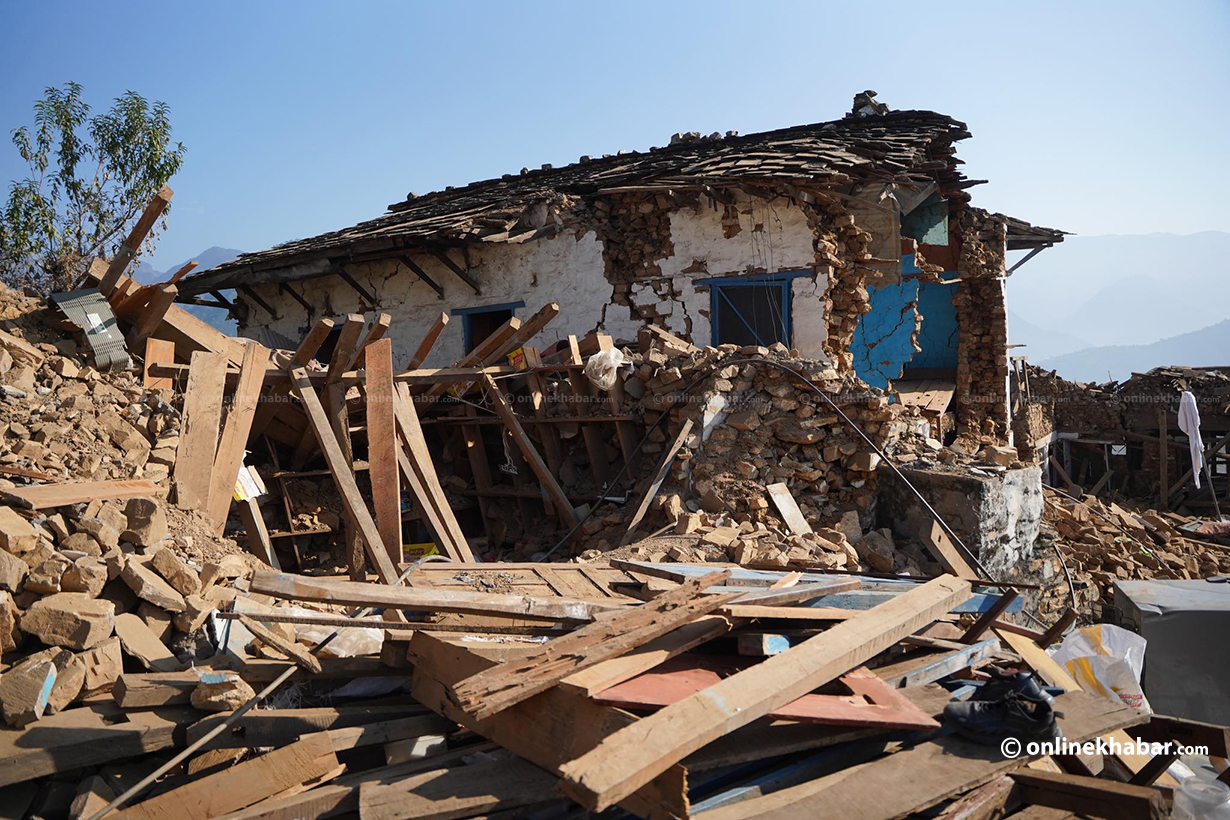
For centuries, Nepal has grappled with the pernicious practice of chhaupadi, a deeply ingrained taboo that isolates menstruating women and girls in deplorable conditions. Mahalaxmi Bikas Bank under its corporate social responsibility (CSR) has collaborated with Action Works Nepal, an NGO that works to eradicate the chhaupadi system, for the project ‘Chhaupadi and Mental Health Hygiene Management.’
Through this initiative, the bank has recognised its institutional and social responsibilities but also symbolises a profound commitment to effecting meaningful change in the far western region of Nepal. The institution has chosen to allocate its CSR funds to the project.
Chhaupadi in Nepal

Nepal’s rural areas, particularly the far western region encompassing Achham, Bajura, Bajhang, Doti, Darchula, Baitadi, and Dadeldhura districts, have borne the brunt of the chhaupadi heritage for generations. This archaic practice banishes menstruating women and girls from their homes, confining them to rudimentary huts or cattle sheds. During this isolation, they face not only the physical discomfort of unsanitary conditions but also the social stigma that mars their existence.
Chhaupadi, deeply rooted in religious beliefs and cultural traditions, has led to the loss of lives and the violation of basic human rights. Women and girls have been subjected to the risk of snakebites, exposure to harsh weather, and sexual violence while enduring their menstrual periods in these inhumane conditions.
The chhaupadi and menstrual health hygiene management project: A beacon of hope

Mahalaxmi Bikas Bank, at the helm of this initiative, embodies the spirit of change and progress. The project takes a multifaceted approach to tackle the Chhaupadi taboo:
- Menstrual Health Hygiene Education: A cornerstone of the project is educating communities about menstrual health and hygiene. By dispelling myths and misconceptions surrounding menstruation, the project empowers women and girls to manage their periods safely and with dignity.
- Community Engagement: The project fosters dialogue within communities, involving elders, religious leaders, and influential figures. By promoting discussions about the harmful effects of Chhaupadi, it seeks to shift deeply ingrained mindsets and traditions.
By supporting Action Works Nepal for the cause, the bank is helping to dismantle a harmful tradition while preserving the rich tapestry of Nepal’s culture.
The main goal of the research is to refute ingrained notions, perceptions, and behaviours related to the chhaupadi. It aims to immediately improve the health and well-being of impacted girls and women by offering necessary medical services and nutrition instruction. The initiative has been actively carried out in the Baitadi district’s Dilasaini municipality for four months.
A variety of community involvement techniques have been used within the project’s framework, including social awareness seminars presented during village meetings, thought-provoking street dramas, culturally relevant traditional dances, and the use of regional resources. All of these initiatives work to raise awareness while also producing reusable sanitary products. The chhaupadi tradition is being actively challenged by this movement by supplying the community with information and resources.
Additionally, the bank has made a firm commitment to carry out its numerous social responsibility programmes going forward. This commitment demonstrates the bank’s commitment to promoting social and economic progress in Nepal, making it an important force for good in the area.




